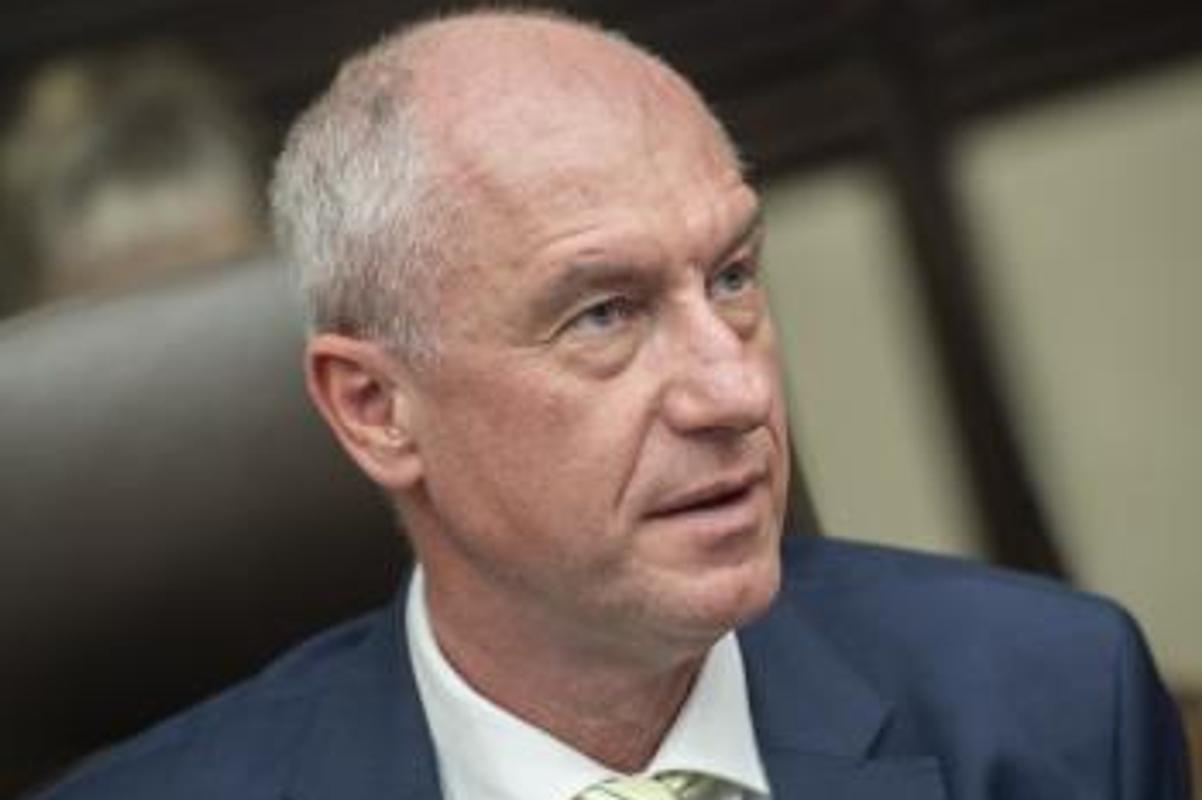One of the major questions during the ministerial reshuffles in September, after the ruling coalition shrank from four to three parties, was who would become Economy Minister.
It is not often that any minister has their main task so clearly cut out for them: with war raging in Ukraine, energy prices skyrocketing, and winter around the corner, the new minister’s top priority would be to help lead the country through the current energy crisis.
Karel Hirman, one of Slovakia’s leading experts on the energy industry, was educated in Moscow and has worked for Ukraine’s former prime minister. He was appointed economy minister on September 13. In an email interview for The Slovak Spectator’s Investment Advisory Guide, Hirman talks about the manipulation of Russian gas supplies, Slovakia’s future energy mix, self-sufficiency in electricity production, and the future role of hydrogen in generating power for the country.
Who is Karel Hirman?
· born on June 1, 1970
· studied oil and gas extraction in Moscow and at the Technical University in Košice
· previously worked as a journalist, but also as a manager, and as a member of management bodies in several energy companies in Slovakia, and in the Slovak Innovation and Energy Agency
· worked as an external energy advisor to former Slovak prime minister Iveta Radičová and to ex-foreign minister Miroslav Lajčák
· as an energy expert, he was a member of the team of advisors to Ukrainian former prime minister Volodymyr Groysman
· publishes articles on energy and international security issues
· member of the Board of Directors of the Slovak Foreign Policy Association (SFPA)
You have been promoting a common European solution to cap energy prices. You have described the “nationalisation” of electricity produced in Slovakia, now possible thanks to a law you proposed and which parliament passed in September, as an extreme measure. In what circumstances might this extreme measure be implemented?
These are two different issues. At an EU level, we have been demanding a cap on the price of gas rather than energy. We are also not talking about nationalising electricity, but about securing stable energy supplies to the territory of the Slovak Republic if the health of Slovak citizens is put at risk. There will be no nationalisation, nor a departure from the common market.
These are two different issues: capping the price of gas is meant to address a systemic problem of the whole common energy market, while securing stable supplies addresses an absolutely extreme crisis situation which could arise, for example, if the situation to the east of our borders escalates.
Before you became economy minister, as an energy analyst you were in favour of a radical break with use of Russian raw materials, particularly gas. Is it realistic to think Slovakia can function without Russian gas?



 Karel Hirman (source: TASR)
Karel Hirman (source: TASR)